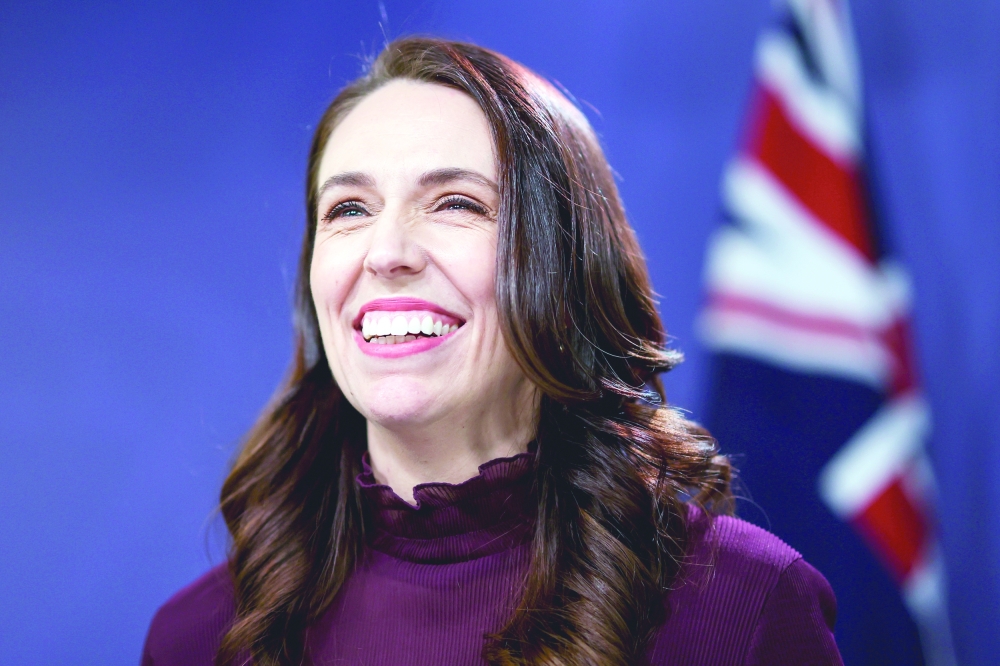

It was shocking for everyone in and outside New Zealand. At a time when things were apparently going relatively on the right track for her, New Zealand Prime Minister Jacinda Arden’s sudden decision to throw in the towel was very shocking for all the stakeholders. She did not mention any reason for her decision and she simply said that she no longer (had) enough in the tank to do it justice.
“I’m leaving, because with such a privileged role comes responsibility – the responsibility to know when you are the right person to lead and also when you are not. I know what this job takes. And I know that I no longer have enough in the tank to do it justice. It’s that simple,” she said.
For a person who, just a few months back, was aggressively preparing for the elections to grab a second term, such an abrupt U-turn has raised many pricking questions about the real reason behind her decision. Yes, she was facing intense pressure from the right-wingers and the opposition over some of her decisions and her approval rating was also waning in recent months, but the situation was not so abysmal to compel her to think of quitting in this way. Intense speculations are making round that the mounting threats from some hardliners have pushed her to take up this decision. At the time of her resignation speech last Thursday, she, despite appearing a little nervous and disoriented, refuted the media speculations that she has resigned amid threats of violence against her: “I don’t want to leave the impression that the adversity you face in politics is the reason that people exit. Yes, it does have an impact. We are humans after all, but that was not the basis of my decision.”
But, just a day later, there was a new tinge in her tone on the same topic and she admitted that she slept soundly after her shock resignation “for the first time in a long time”, reinforcing the speculations that abuse and threats against the prime minister contributed to her exit.
There is no denying that constant vilification, abuse and personal attacks are the key contributing factors to that burnout. For the last two years, Jacinda and her family have been subjected to some of the worst personalisation and vilification. She faced an unprecedented level of hatred and vitriol – mostly on social media.
As per the official reports, in 2022, threats against Jacinda had almost tripled over three years. Although police could not exactly trace the motives for every individual threat, the police data indicated that anti-vaccination sentiment was the leading factor behind these threats, while her fervent advocacy for legislation to regulate firearms after the March 15 mass shooting in Christchurch was another factor.
Last year, weeks-long anti-vaccine-mandate occupation of parliament’s lawns descended into a violent riot in early 2022, with protesters calling for Jacinda Arden's execution. The protests, coupled with growing threats and abuse against her and other ruling MPs, impelled New Zealand’s traditionally open and accessible parliament to increase security measures.
Over the past year, many people have been arrested, formally warned or faced criminal charges for threatening to assassinate Jacinda. In one case, a man was found guilty of an attempt to sabotage the country’s power grid connections. There have been many instances during her public appearances when small groups disrupted her by using abusive words and slogans.
She managed two massive crises during her tenure with grit and perseverance. Her skillful handling of those crises, including the Covid-19 and the 2019 Christchurch mosque massacre of 51 Muslims by a gunman, won her acclaim and accolades globally. Initially, her management of Covid-19 spurred her Labour Party to register a landslide victory in 2020, but as extremely stringent lockdowns kept New Zealanders at home and its borders closed, her popularity started to corrode away.
Since then, she has been enduring a series of often-vile abuse by the anti-vax movement and other populist-inspired right-wing protest groups in New Zealand. Her resignation has corroborated the impact of this pressure.
For a prime minister, who was quite confident about leading her party into another election just a while ago, such a dramatic retreat – under duress - is very disturbing. The growing trend of extremism in politics across the globe is taking its toll on some of the finest politicians, as we have seen in the case of Jacinda. Although she has not admitted in clear words, the fact is that the extreme polarisation and misuse of social media pushed her to the point of surrender. Her journey from stardust to empty tank is a symptom of the pathological metastasis of extremism and polarisation that has seeped into politics through clickbaits and social media warriors.
Oman Observer is now on the WhatsApp channel. Click here



